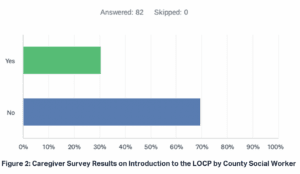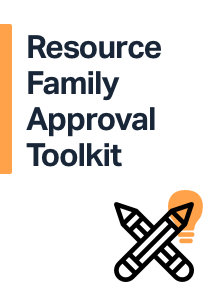Republicans and Democrats in Washington, D.C. do not agree on many things. But one thing that has always found bipartisan support is the Earned Income Tax Credit (EITC). ETIC is a federal tax credit for low to moderate income level families. The EITC is best tool that we have to fight poverty and encourage workforce participation. Unfortunately, the ETIC is not available to many of those that need it the most.
Currently, the EITC is not offered to adults under 25 unless they are parenting. The rationale behind this policy is that youth under age 25 still receive support from their parents. However, those foster youth who never achieved permanency lack this parental support. A recent report examining the implications of expanding the EITC to foster youth found that only 13.2% of 21 year olds who were formerly in foster care report living with a biological or foster parent. Further, nearly 30% of former foster youth report not having enough money to pay rent compared to only 7% of the general population.
A new report recommends expanding the EITC so it can now serve former foster youth between the ages of 18-25. Further, it is recommend to expand the maximum credit from $500 to $1,000. With 20,000 to 25,000 youth between ages 18-21 exiting the foster system each year, there is a great need to expand assistance to this population. While extended foster care was a start, expanding the EITC to this population would support youth in their employment endeavors for several years after they have aged out, even under the extended foster care program. Read the full report.








